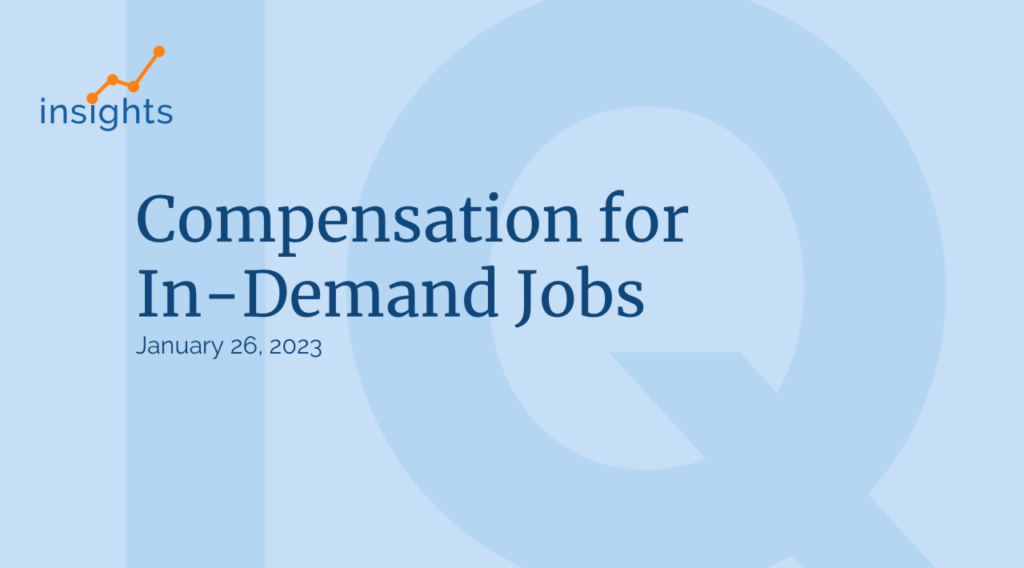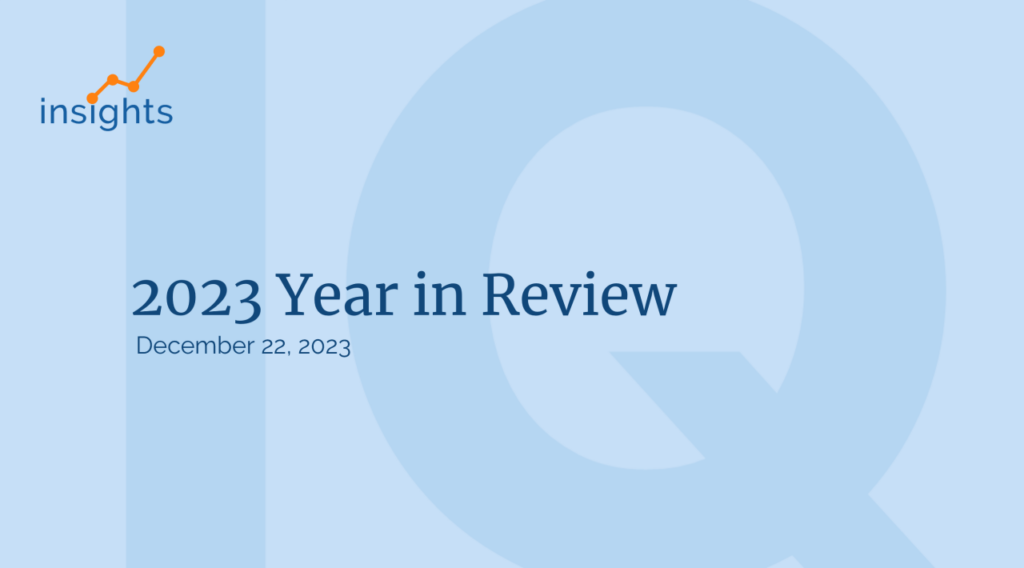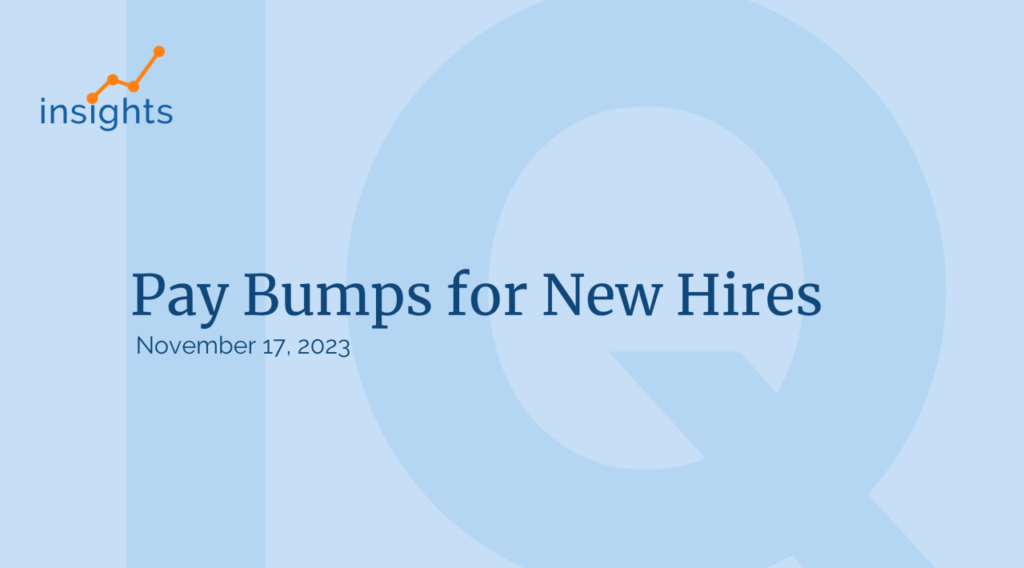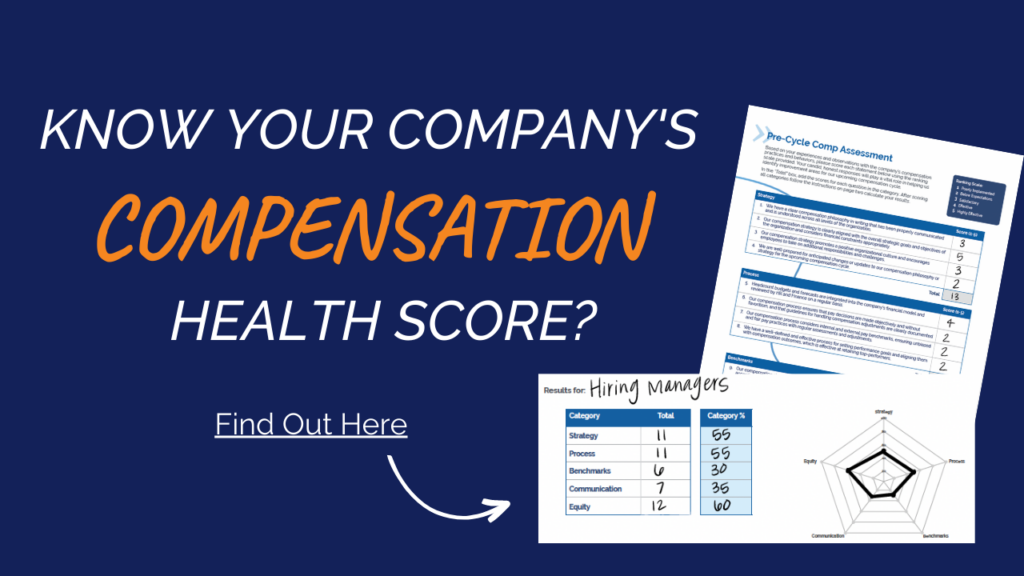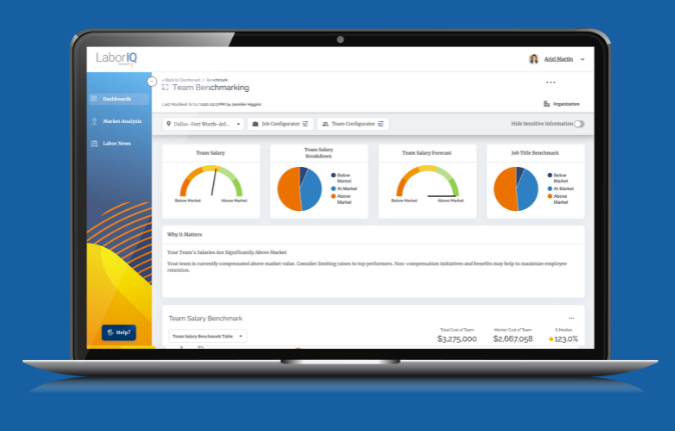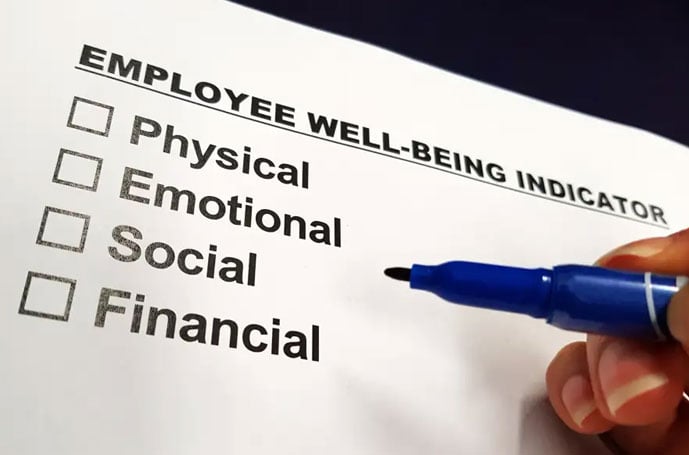Departments that don’t generate revenue for a business are regarded as cost centers. Typical departments tend to be administrative and support services, of which recruitment is one.
However, looking at HR departments this way can be dangerously short-sighted in a landscape where businesses continue to face hiring challenges.
In 2022, more than 90% of business leaders report that their company won’t meet its targets without the right talent, according to the iCIMS 2022 Workforce Report.
Yet despite this statistic, and that the U.S. unemployment rate is just 3.5% (as of July 2022), there remains a skills/talent shortage. This means employers need to consider more creative solutions to find the skills they need and retain that talent once they have it.
Against this backdrop, the need to hire and retain professional and skilled HR experts is something business leaders should not ignore. Indeed, a proactive approach to hiring recruiters and talent acquisition pros before you need them is usually smart business planning.
With that said, let’s explore why and how you can retain your HR talent in a little more depth:

Retain to Avoid Poaching
There are currently 10.7 million unfilled roles in the U.S. In other words, given the stats above, there are more positions than there are people to fill them. In such a climate, businesses should look to their HR recruitment pros to identify the best talent out there.
However, HR professionals need to be nurtured like any other employee. For example, suppose a business operates in such a way that its employee turnover (including HR) is high. In that case, you may risk having your HR professionals poached.
Poaching is more common than you might think, and your HR professionals are not exempt as targets. More than 73% of hiring professionals say they have had an employee poached by another company. This is most likely to happen when your employees feel unsatisfied at work.
Common reasons for jumping ship include:
- Insufficient compensation and benefits.
- Little recognition in the workplace.
- A poor company culture.
- No opportunities for career growth or skill strengthening.
We don’t need to tell you how detrimental this can be to your business. Your recruitment professionals are especially essential, as they’re the ones who understand the needs of your business and how to attract talent to open roles. But more importantly, losing your HR team leaves you without the essential skills needed to replace them.
It stands to reason that if your business has high turnover in the HR Department it will take longer to hire new talent for other departments and cost more to hire replacement HR staff.
Interestingly, a Gallup report found that U.S. businesses lose $1 trillion annually due to voluntary turnover. In addition, the cost of replacing an individual employee can be anywhere between one-half to two times the employee’s yearly salary.
But more concerningly, a LinkedIn report revealed that global HR turnover rates between July 2021 and June 2022 reached almost 15%. That’s the highest turnover rate across all industries, followed by Research (13.1%) and Product Management (13%).
The bottom line: If your business has a dysfunctional employee culture where people feel undervalued and underpaid, they’ll look elsewhere for better compensation and culture. Needless to say, this includes your HR staff!
Steps to avoid this include:
Applying creative retention tactics such as paid time off, flexible working, mental health support, health insurance, and well-being support to HR professionals and profit-generating departments alike. Remember, 78% of employees are more likely to stay in their current role if the benefits package is competitive.
Plan Talent Acquisition Needs in Advance
So, why take a reactive approach to hiring skilled HR and Talent Acquisition professionals when your business can consider these needs in advance?
Determining turnover trends across all departments is the first step. This includes identifying, measuring and acting upon turnover analytics in your HR departments and more broadly. This should give you a better sense of what’s happening company-wide.
You can then use this invaluable information to identify common reasons employees are quitting and, where possible, address those reasons.
Broadly speaking, according to Pew Research, common reasons for quitting include poor management, inadequate compensation (63%), poor career progression (63%), lack of respect (57%), child care issues (48%), lack of flexible work options (45%), and poor benefits (43%).
One way forward isn’t only to address the issues above but also to instill a forward-thinking hiring culture, using hiring forecasts to determine talent acquisition needs in advance.





